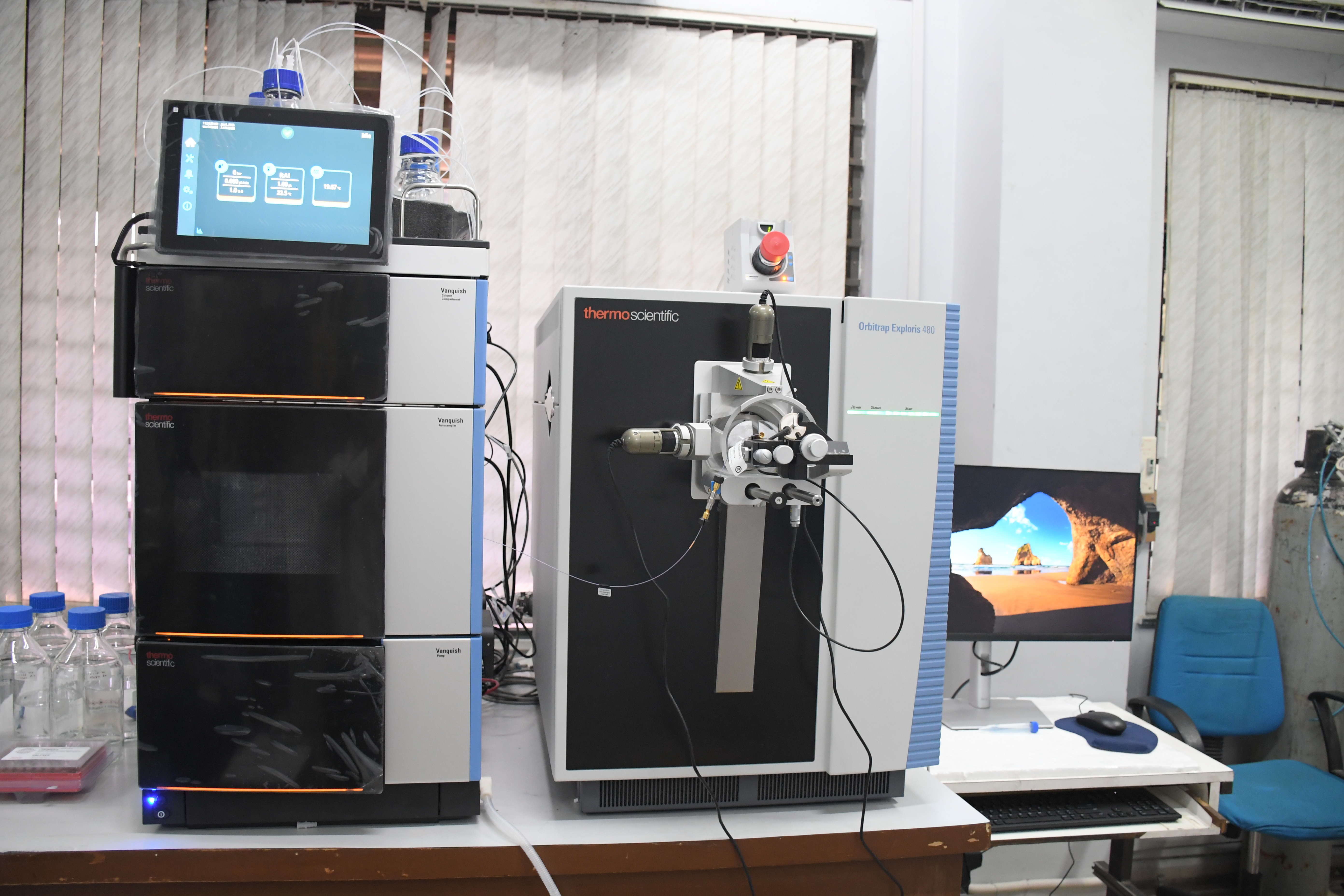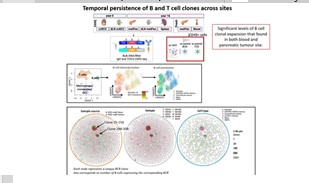
Science Sparks @ ACTREC
Publications
- 1. Dutta D, Maity A, Gupta SK, Gera P, Jain H, Bagal B, Chatterjee G, Rajpal S, Nayak L, Punatar S, Bandyopadhyay S, Chakraborty A, Chendamarai E, Balasundaram N, Gota V, Khattry N, Sengar M, Mathews V, Hasan SK (2026). Venetoclax induces mitochondrial apoptosis and autophagy to overcome arsenic trioxide resistance in acute promyelocytic leukemia. Journal of Translational Medicine. 24(1):56.
- 2. Patil V, Shah P, Mahajan A, Sable N, Shukla A, Bornak G, Rane S, Gurav S, Ghosh- Laskar S, Pantvaidya G, Janu A, Ankathi S, Sahu A, Bhattacharya A, Vaish R, Tuljapurkar V, Patil A, Bal M, Prabhash K, Noronha V, Menon N, Patil V, Chaturvedi P (2026). Decoding osteoradionecrosis of the jaw: Radiological progression and a novel CT-based grading system. Cancers. 18(2):187
- 3. Joshi P, Kole L, Shah SA, Singh A, Shetty R, Nair S, Chaturvedi P (2026). Assessing quality of life in oral cancer survivors: A cross-sectional study in India. Journal of Maxillofacial and Oral Surgery
- 4. Sharma J, Thakar A, Rath GK, Ghosh P, Mathur P, Meena JK, Bharadwaj M, Shirsat N, Chatterjee NS, Chavan AS, Shamsunder S, Singh S, Gupta S, Gupta TM, Bhatnagar S, Bhatla N, Dhaliwal RS, Kaur T; ICMR-NCI CHNRI Exercise Group (kannan R,....Narula G, Prabash K, Dalal S, Hasan SK...etal.)(2025) . Setting research priorities for cancer in India: Findings from a CHNRI exercise by ICMR & AIIMS-NCI. Indian Journal of Medical Research.162(5):573-580.
- 5. Surve B, Dewanji C, Khanna A, Saha S, Ojha S (2026). When technology falters: Ensuring donor safety and system reliability amid apheresis technical challenges. Artificial Organs.
Thesis
Neha Agrawal. 2025. Proteomic profiling of immature cells from chronic myeloid leukemia patient. (LIFE09201804017) (Guide: Dr. C Murali Krishna)
Interesting Reads
Upcoming Events
February 27th, 2026 to March 1st 2026
At Tata Memorial Hospital, Prof. R. D. Choksi Auditorium, Parel, Mumbai
February 21-22, 2026
At Prof RD Choksi Auditorium, Tata Memorial Hospital, Mumbai
28 March 2026
At RRU Seminar Room 7th Floor, Kharghar, Navi Mumbai
Do You Know?
In 1996, FDA approved anastrozole (Arimidex) as a treatment for breast cancer. This drug blocks the production of estrogen.

Cancer News
EurekAlert, 15/01/2026
Findings reveal that CTDNEP1 plays an important role in pancreatic cancer. CTDNEP1 levels were significantly lower in PDAC tissue compared to healthy tissue, especially in the early stages of the disease...
Nature, 14/01/2025
The cancer cells that took up the mitochondria began expressing genes linked to the type I interferon pathway, an immune signalling cascade that might help cells evade the immune system and support lymph-node invasion...
Sciencedaily, 17/01/2025
Researchers have turned artificial intelligence into a powerful new lens for understanding why cancer survival rates differ so dramatically around the world. By analyzing cancer data and health system information from 185 countries, the AI model highlights which factors, such as access...
© 2026 Advanced Centre for Treatment, Research and Education in Cancer (ACTREC)




